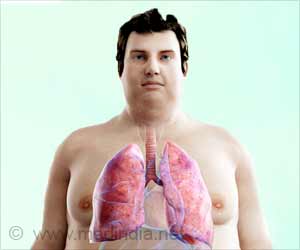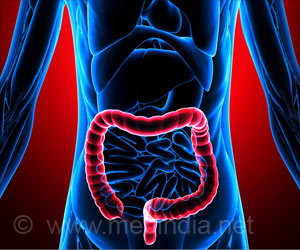“It should be considered that although [e-cigarette] liquid has been introduced as harmless in smoking cessation studies, it could increase oxidative stress and cause morphological changes in the testicle,” said the researchers. Furthermore, the study found that regular smoking, which has long been linked to male infertility, was much worse in terms of reducing sperm count and disturbing sexual function.
Researchers from Sivas Cumhuriyet University conducted the study, which included three groups of rats. One group was exposed to Winston brand cigarette smoke, another to vapor from a Joyetech eGo Aio 1500 mAh vape, and a third group was not exposed to either.
The rats were placed in specially built bell jars and treated twice a day for an hour to either cigarette smoke or electronic cigarette vapor. The researchers then examined changes in sperm count, testicle size, and the Gonadosomatic index (GSI) in the rats’ urine for cotinine, a result of nicotine metabolism.
Impact on Sperm Count and Testicle Size
The results showed that rats exposed to vaping had decreased sperm counts, with 95.1 million sperm per milliliter for the e-cigarette group and 98.5 million for the control group. Traditional cigarette smoke-exposed mice exhibited even lower sperm counts, around 89 million sperm/ml. A higher sperm count usually means a greater chance of generating a pregnancy.
Advertisement
Furthermore, rats exposed to cigarette smoke had smaller and lighter testes than e-cigarette and unexposed groups, as well as a reduced number of swimmable sperm.
E-Cigarette Exposure and Testicular Changes
A closer look at the testes under a microscope found that five of the eight rats exposed to e-cigarette smoke had structural alterations. Researchers were looking for alterations in sperm production areas, evidence of cell death, tissue atrophy, and other indicators of detrimental health effects.
E-Cigarettes and Emerging Health Risks
The findings contribute to a growing body of information pointing to the potential risks of e-cigarettes, which were formerly touted as a safer smoking alternative in the early to mid-2010s. Since then, experts have uncovered a variety of health hazards related to vaping, including high blood pressure, asthma, respiratory difficulties, an increased risk of heart attack, and acute lung injury.
E-cigarettes are being used by over 12 million people, with millions more minors using them illegally. Although these devices do not emit the same tar and recognized carcinogens as regular cigarettes, the vapor emitted contains heavy metals and other dangerous substances that researchers are still trying to discover.
Vaping’s Potential Fertility Impacts
The fact that this study was conducted on rats is a significant restriction, and the authors agree that far more thorough research into the effects of vaping on human males is required. The harmful consequences of vaping on fertility, on the other hand, are not baseless.
A 2020 study on over 2,000 males in Denmark discovered that daily vapers had considerably lower total sperm counts than non-users. Nicotine has long been linked to lower sperm counts and density, which means there are fewer sperm available to fertilize an egg and start a pregnancy.
Vaping’s Impact on Sperm
Heavy smokers also have decreased sperm motility, which refers to sperm’s ability to travel through the female reproductive canal in quest of an egg to fertilize. Toxic chemicals used to give vapes their fruity or minty flavors are also thought to harm the body’s sperm production and swimming capacity.
Finally, this study adds to the growing body of information suggesting that e-cigarettes may not be as safe a substitute for regular cigarettes as previously thought. More research is needed to properly understand the possible hazards of vaping, as well as its impact on sperm count and overall human health.
The findings were reported in Revista Internacional de Androloga , a Spanish medical journal (1).
References:
- https:doi.org/10.1016/j.androl.2023.100365
Source: Medindia



